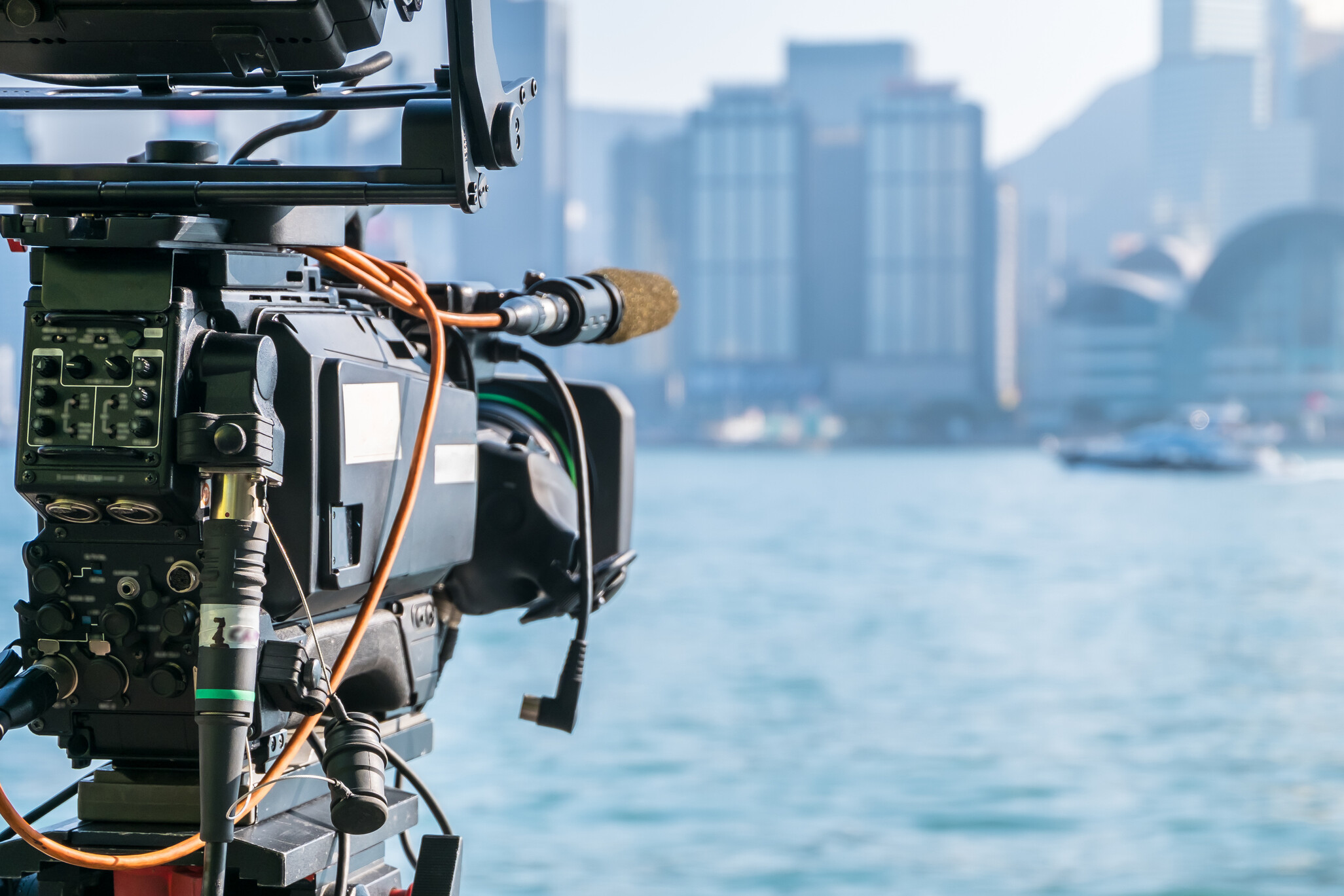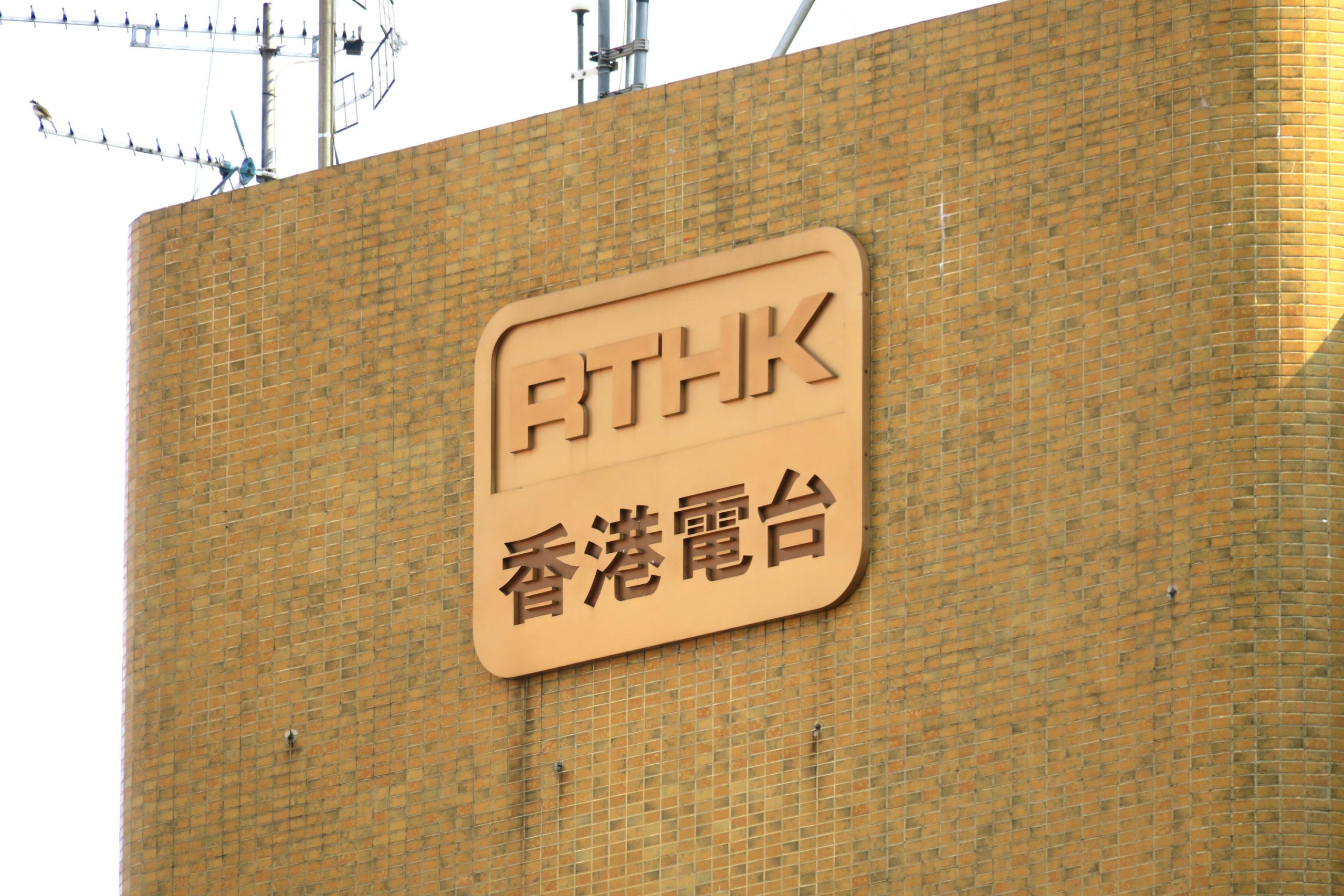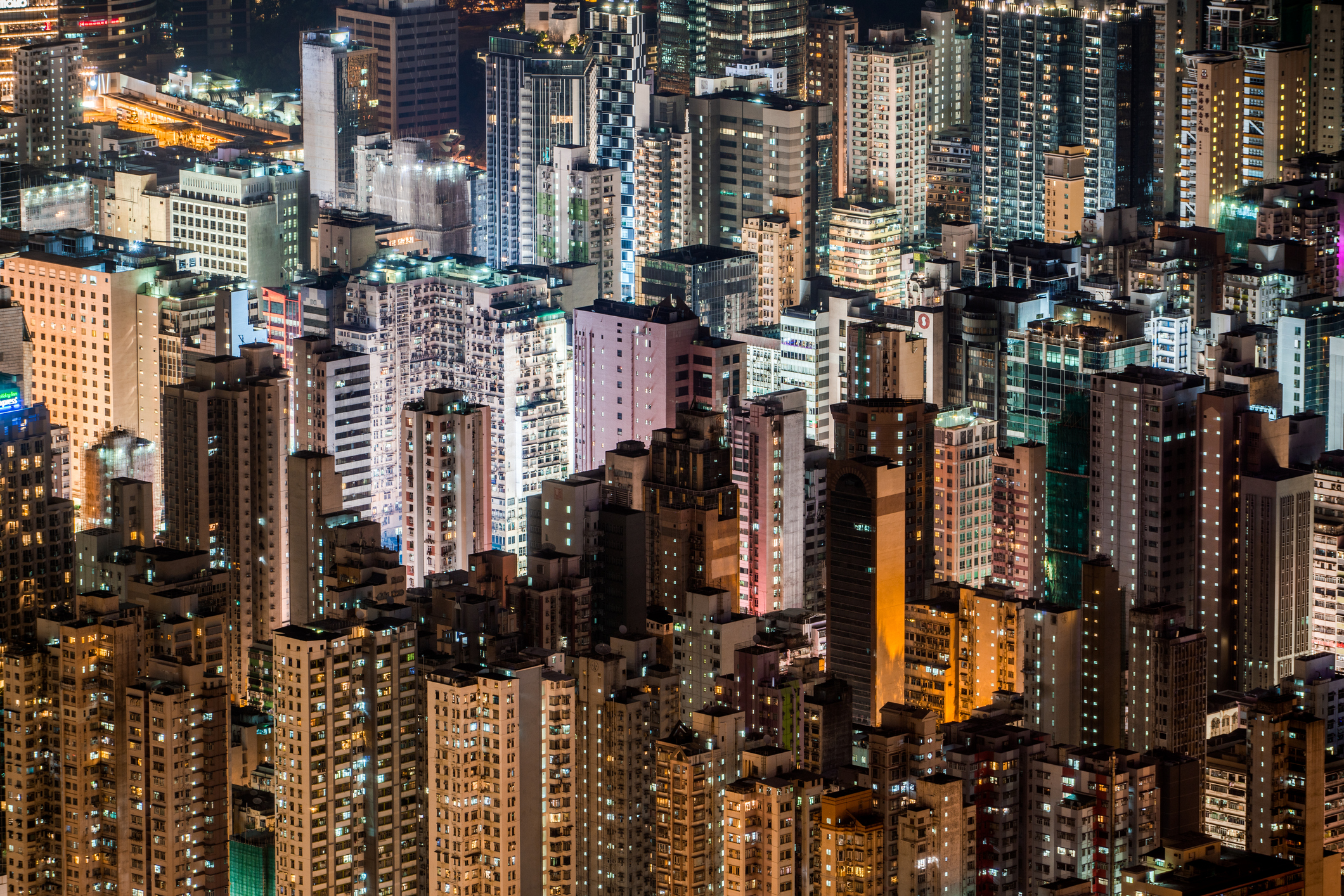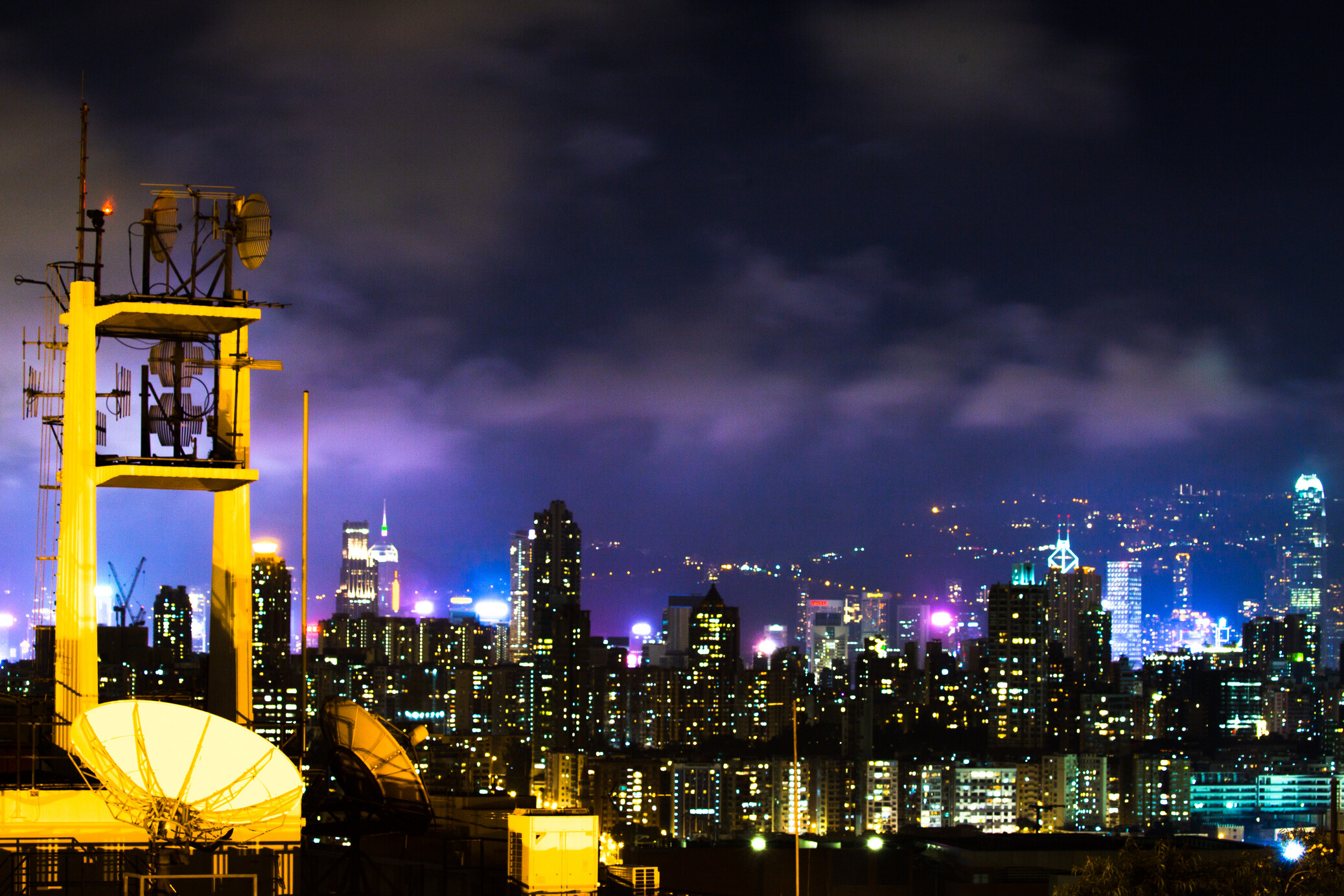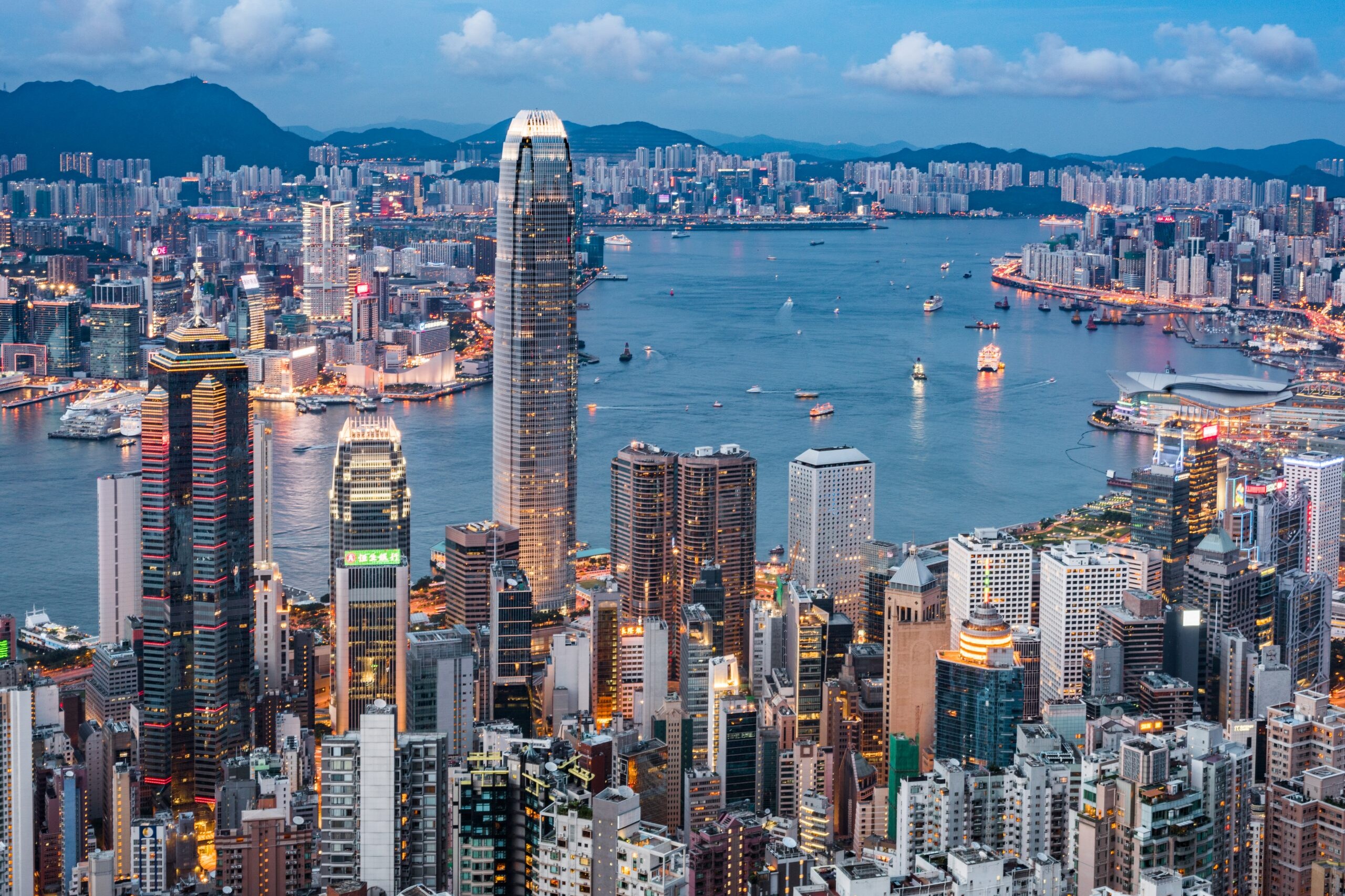With the deployment of the national security law against the media, the standoff between independent journalism and Hong Kong authorities reaches boiling point.
The mere presence of the national security law, passed in June 2020, has had a chilling effect on editorial independence, free speech, and dissenting voices in Hong Kong. With each pro-democracy advocate that has been arrested, brought before the courts or sentenced, the atmosphere of fear and censorship in the city has worsened. Recently, new guidelines authorised the official banning of movies deemed to be in violation of the security law, driving further fears of censorship and the limiting of the freedom of expression.
News media have also been caught in the crosshairs. For instance, following the arrests of several pro-democracy supporters in January under the security law, online news website Stand News and newspaper Apple Daily were issued with requests to hand over relevant documents to the police within a week. But now the pressure has become more brazen, and on the 17 June Hong Kong authorities raided Apple Daily and arrested five of its executives under article 29 of the national security law.
The BBC reports that the Hong Kong Police Force conducted a search of the news company and said that its warrant “covered the power of searching and seizure of journalistic materials”. Apple Daily reported the confiscation of 38 computers. The newspaper is accused of breaching the national security law through dozens of media articles. Five of Apple Daily’s executives, including its editor-in-chief Ryan Law and Chief Executive Officer Cheung Kim-hung, were also arrested at their homes. Law and Kim-hung were charged with collusion with a foreign force and denied bail on Saturday while the three other senior executives were released as investigations continue. Police also froze HK$18m of assets belonging to three companies linked to Apple Daily.
Following the raid, sales of the newspaper skyrocketed. In a letter to its readers, the media outlet said, “Though we are facing a sweeping clampdown on our publication, the staff of Apple Daily will hold fast to our duties faithfully and press on till the end to see the arrival of dawn.” However, the 26-year-old newspaper now faces shutdown as soon as 26 June, with its board meeting on Friday (25 June) to decide whether to continue operations or not, Euronews reported.
Read more: Letter to our readers: We Will Press On
Meanwhile, at Radio Television Hong Kong (RTHK) where wide-sweeping changes have left the public broadcaster a shell of its former self, journalists are not only facing the ramifications of the security law but also programme cuts, firings, and other upheavals. Most recently, HKFP reported that radio host Tsang Chi-ho, a pro-democracy figure, was fired from his RTHK Radio 2 talk show, along with his co-host Jackie Chan. Both worked as freelancers and the firings effectively removed them from RTHK. Meanwhile, Wilson Ching, employed on a civil servant contract, was also removed from the show but will remain at RTHK.
While RTHK said its decision was part of the station’s plan to launch a “remastered version of the show”, Chan linked his firing to his political views. “I have continued to talk about not-so-very mainstream political values in various media and platforms. I think that has violated their [RTHK’s] political atmosphere,” he said.
Time and time again the Hong Kong administration appears to show its intention to silence voices that do not align with its own. This seems apparent in the case of state journalist Wong Wai-keung, who had his charge of improperly accessing public records dropped mere months after RTHK journalist Bao Choy was convicted and fined on a near-identical charge.
Read more: Crisis facing independent journalism in Hong Kong escalates
Most recently, Hong Kong Chief Executive Carrie Lam refused to clarify how journalists can avoid a similar fate as Apple Daily, though she defended the raids, arrests, and freezing of assets. And with the controversial security law continuing to remain unclear, it is feared that blurred lines will be capitalised upon to censor, co-opt, financially stifle, and ultimately dismantle public media and independent journalism.
Header Image: Central District – Hong Kong, Hong Kong, Hong Kong Island, Victoria Harbour – Hong Kong, Aerial View. Credit: CHUNYIP WONG/istock
Related Posts
13th May 2021
New talk show effectively transforms RTHK into a mouthpiece of the state
The Public Media Alliance condemns the…
26th April 2021
Crisis facing independent journalism in Hong Kong escalates
Troubling times ahead for Hong Kong's…
8th April 2021
Hong Kong: Stifling of independent and public media continues
There are troubling times ahead for…
24th March 2021
RTHK producer on trial amid wider concerns for public broadcaster
An RTHK producer has gone on trial for…
25th February 2021
Hong Kong: Dark month at RTHK suggests a grim future for the public broadcaster
The situation facing public broadcaster…
